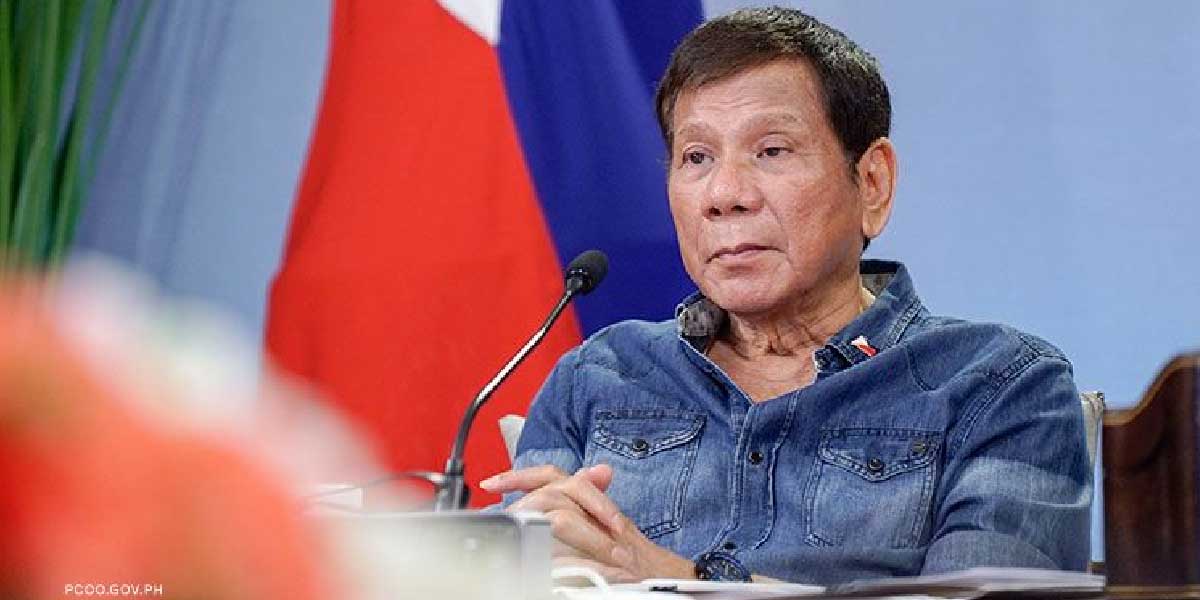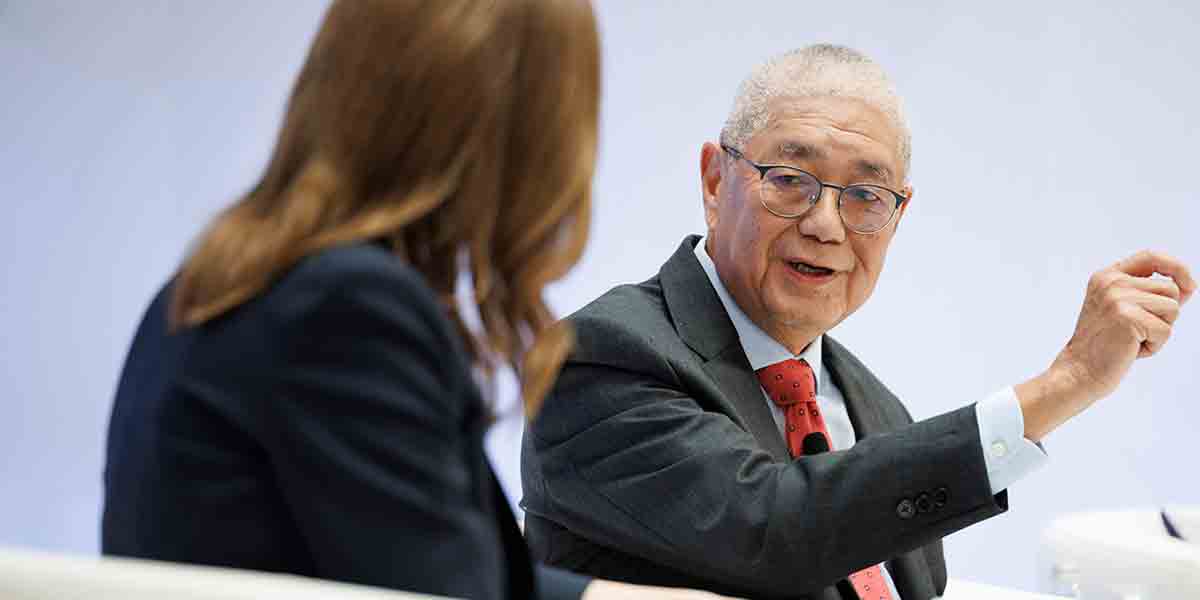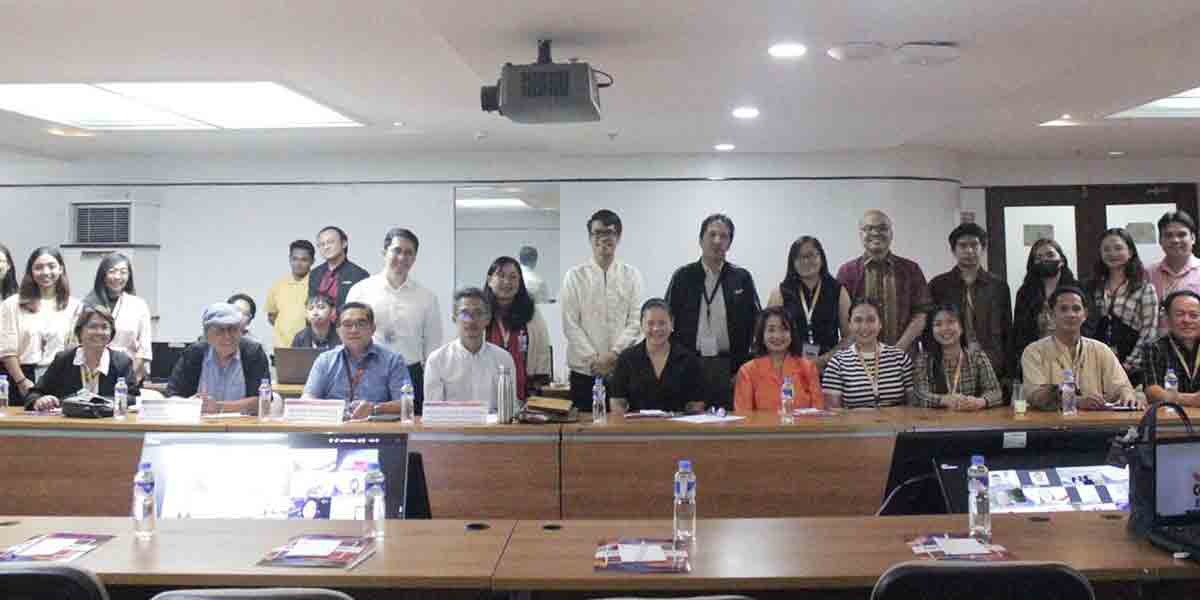
As local hog raisers cry for help and fear that imported pork will flood the market soon, the Senate Committee of the Whole adopted today a resolution authored by Senate Minority Leader Franklin M. Drilon urging the President to withdraw Executive Order No. 128, which provides for the temporary modification of the rates of import duty for fresh, chilled or frozen meat of swine, and to recall the recommendation to increase the Minimum Access Volume of pork.
The committee asserted that “the power to fix tariff rates and import quotas fall within the realm of the power of taxation, a power which is within the sole province of the legislature under the Constitution.”
“Under our system of laws, the setting of the MAV and the power to set the tariff rates are the functions of Congress. The exercise of the President of the power to increase the MAV and to lower the tariff are delegated authorities of Congress which may be withdrawn or terminated by Congress through a joint resolution,” Drilon, a former justice secretary, stressed.
“(I)t is Congress which authorizes the President to impose tariff rates, import and export quotas, tonnage and wharfage dues, and other duties or imposts and that such authorization can be exercised only within the specified limits set in the law and is further subject to limitations and restrictions which Congress may impose,” the resolution stressed, citing Southern Cross Cement Corporation v. Cement Manufacturers Association of the Philippines, (GR G.R. No. 158540).
“The two policies can potentially spell the demise of our local hog industry, most of them belong to what we call backyard hog raisers. Mag-aalaga ng ilang baboy para ibenta sa mercado para may pambili ng pagkain,” Drilon warned.
He called the two policies “botcha” and urged that they be recalled immediately.
“Botcha” po ang dalawang polisiyang ito na gustong ipatupad ng Department of Agriculture. What do we do with “botcha” or double-dead meat, in this case, policies, Mr. President? We recall them,” he said.
The resolution was co-authored by Senate President Vicente Sotto, Senate President Pro-Tempore Ralph Recto, Majority Leader Miguel Zubiri, Senators Sonny Angara, Nancy Binay, Pia Cayetano, Leila De Lima, Risa Hontiveros, Lito Lapid, Panfuilo Lacson, Imee Marcos, Manny Pacuqiao, Francis Pangilinan, Grace Poe, Richard Gordon, Ramon Revilla Jr., Joel Villanueva, Cynthia Villar.
The President issued Executive Order No. 128 last April 7 reducing the in-quota tariff rate from 30% to 5% for the first three months and 10% for the 4th to 12th month and reducing the out-quota tariff rate from 40% to 15 for the first three months, and 20% for the 4th to 12th month.
Last March 26, when Congress was no longer in session, the President also sent Congress a letter to convey his proposal to increase the minimum access volume or MAV to 350,000 metric tons from 54, 210 MT.
The Senate, however, believed that the proposal to set the minimum access volume (MAV) from the current 54,210 MT to 350,000 MT for 2021 cannot take into effect because the recommendation was sent to and received by the Senate when it was no longer in session.
“Section 6 of the Agricultural Tariffication Act (Republic Act No. 8178) which provides that the President’s recommendation to revise, modify or adjust the MAV in case of shortages or abnormal price increases in agricultural products is deemed approved if Congress fails to act after fifteen (15) days from receipt is not applicable in this case because the President’s recommendation was sent to and received by the Senate when it was no longer in session and thus cannot act on the recommendation,” it stressed.
The resolution also hit the Department of Agriculture for its failure to satisfactorily establish through accurate and reliable data that the country will have 388,790 MT of deficit in supply of pork for the year which necessitates the increase in MAV.
The resolution stated that based on the testimonies of the resource persons during the first hearing of the committee, there is reasonable basis to conclude that the new set of tariff rates and the huge increase in the MAV can cause the demise of the local hog industry and cost the government billions in foregone revenue. It was reported in the media that the foregone revenue can reach up to P11 billion.
















